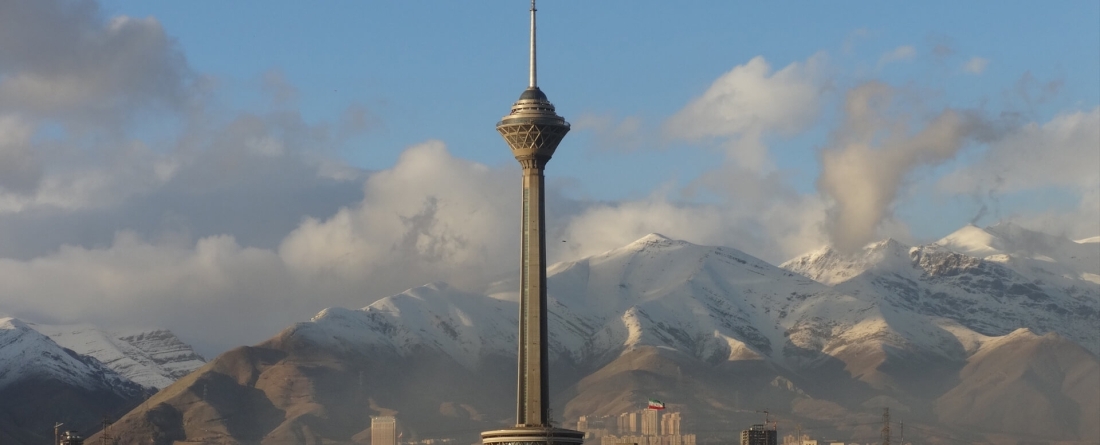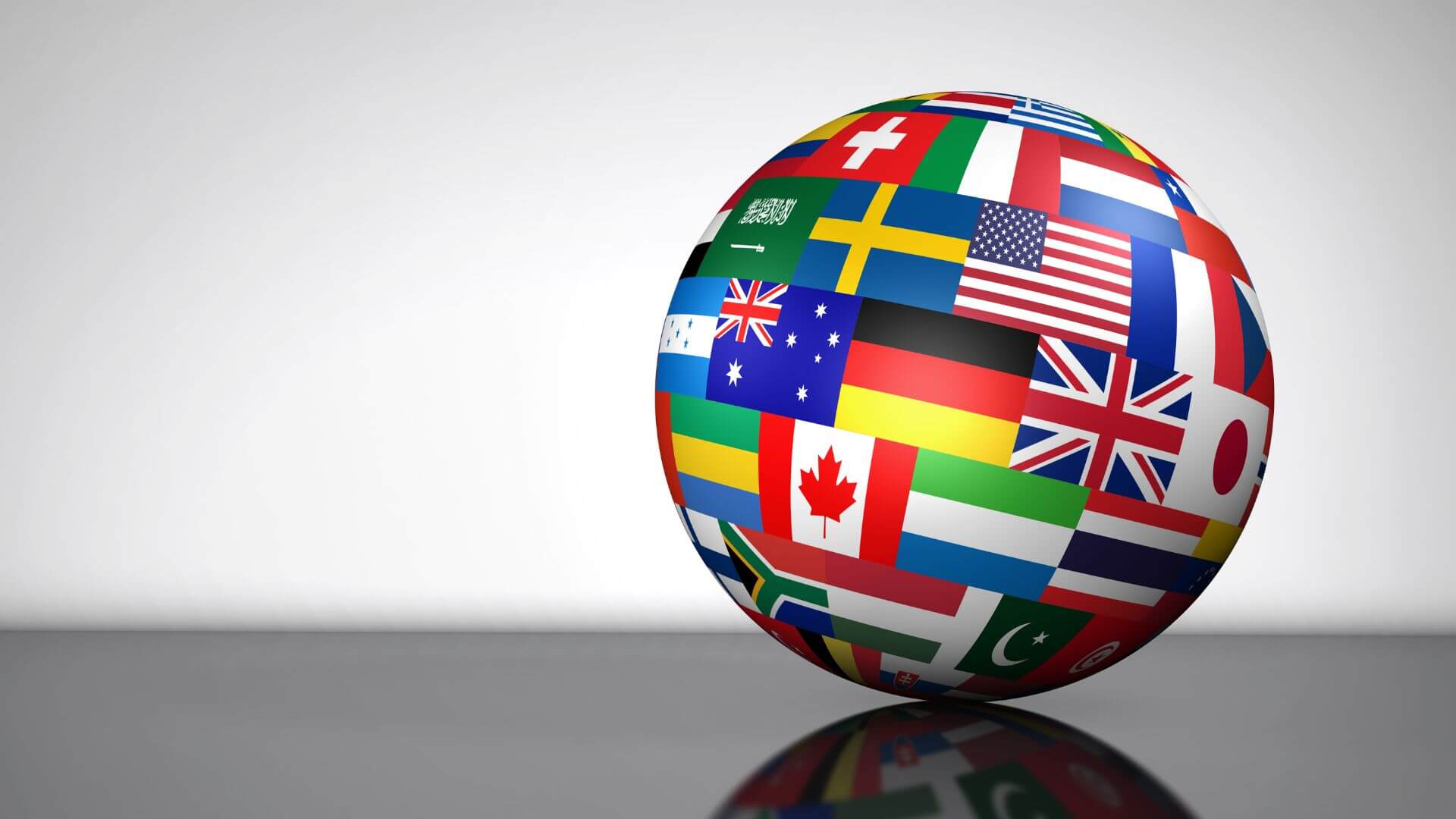
As Biden Weighs Renewed Diplomacy, Slim Majority in Iran Support Deal, Doubt Sanctions Will Be Lifted
While the Iranian public has welcomed Joe Biden’s arrival as U.S. president, his predecessor Donald Trump’s withdrawal from the Iran nuclear deal hardened most in the country against making concessions that may not be reciprocated, according to new survey results released today by the Center for International and Security Studies at Maryland (CISSM) and IranPoll, an independent Toronto-based polling organization.
Such attitudes complicate the Biden administration’s hopes of restarting nuclear diplomacy with Iran, possibly by reviving the landmark Joint Comprehensive Plan of Action (JCPOA), a deal signed in 2015 that traded sanctions relief for restrictions intended to prevent Iran from acquiring nuclear weapons.
A majority of Iranians surveyed said they are willing to resume full compliance with the plan, but only after, or at the same time that the United States returns and fulfills its own obligations under the nuclear deal that Trump withdrew from in 2018. In addition, they said that further negotiations should wait until the United States complies for a few years. The findings are the result of two surveys conducted in early February 2021 and October 2020.
Most Iranians surveyed followed the U.S. presidential elections, with nearly 90% aware of Biden’s victory. And for the first time since Trump backed out in 2018, a majority (51%) approved of the nuclear deal, with 58% expecting a U.S. return and 60% saying they doubted a promised lifting of sanctions would occur.
“The Biden administration needs to build Iranian confidence that the United States will keep commitments it has already made before Iran’s leaders will have enough political space to consider a more ambitious agreement,” said Nancy Gallagher, director of the center based at the University of Maryland.
Confidence that the other nations that are party to the deal—China, France, Russia, the United Kingdom and Germany—will live up to their obligations has improved to 43% from 30% in 2019. Iranians also expect Biden's policies toward Iran to be less hostile than Trump’s—but only relatively. On a 0-to-10 scale from most to least antagonistic, 3 was the average response for Biden, compared to a 1 for Trump.
On the domestic front, with their own presidential election coming in June, 60% said they want a leader who will stand up for Iran’s rights and refuse to compromise, while 35% want one who will focus on negotiation and common ground with other countries—a three-point increase compared with the start of the Trump administration.
While the United States debates whether to re-enter the JCPOA or try to use current sanctions to leverage more concessions, Iranian public attitudes show resilience to such measures, which 86% of people surveyed say have a negative impact on “ordinary people.” Meanwhile, negative expectations about the economy have bottomed out, with 68% saying it is deteriorating compared to 72% in October. When asked whether foreign sanctions or domestic mismanagement and corruption have greater negative impact, only 35% selected sanctions; when the pandemic was added as a third choice, only a quarter picked sanctions as the worst factor.
Pain caused by the pandemic has grown over the last four months. Nearly 80% of Iranians surveyed know someone who has gotten sick from COVID-19 (up 20 points); 49% know someone who has died (up 12 points); 25% have a household member who has lost employment (up 6 points). Nearly two-thirds say foreign-made medicines and supplies are less available than a year ago. Yet, Iranians have pride in their collective response: 77% say the government has done at least a good job with the pandemic—with 28% grading the response as very good—and 49% saying Iran is more united.
There is no indication that these hardships make Iran’s public desperate for sanctions relief at any cost, with 73% supporting a law that mandates expanded nuclear activities in opposition to the terms of the deal.
Telephone interviews of about 1,000 Iranians were done on Sept. 1-Oct. 2, 2020 and on Jan. 26-Feb. 6, 2021. The margin of error for both surveys was +/- 3.1%.



